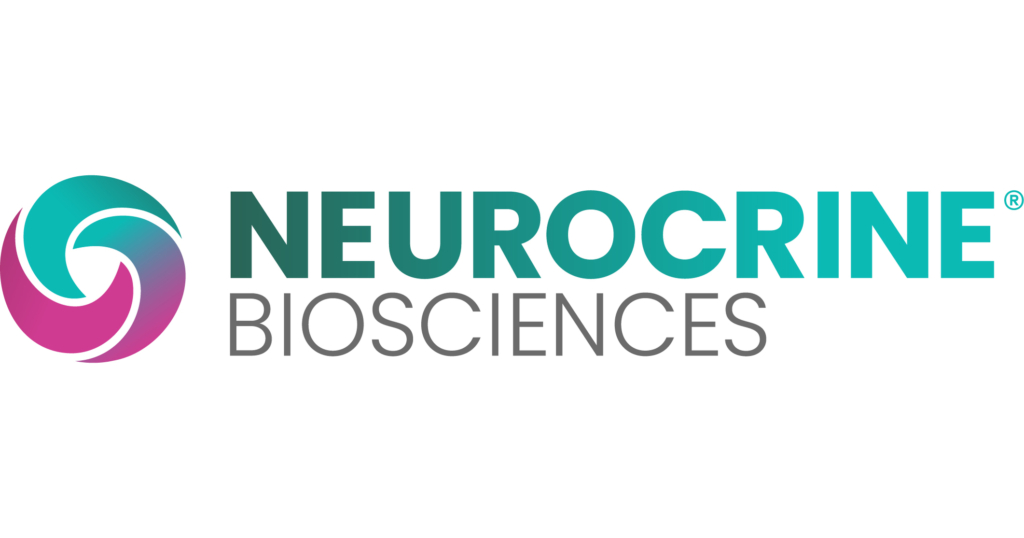
Authors: Mekka Garcia, MD, NYU Grossman School of Medicine
Alison L. Christy, MD, PhD, Providence Pediatric Neurology at St. Vincent Medical Center—Portland, Oregon
Reviewed: September 2022
SUMMARY
Landau-Kleffner syndrome (LKS) is a rare childhood epilepsy disorder. It is characterized by loss of previously learned language skills. Abnormal brain waves occur during sleep.
Signs and symptoms usually present when the child is between three and eight years old. There is no cure for LKS. However, supportive care is available.
JUMP TO
Disorder Overview
DESCRIPTION
Children with LKS develop normally. It begins to affect them around three to eight years old. At that point, they lose their abilities to:
- Speak
- Understand speech
These children usually have a very abnormal electroencephalogram (EEG). It is particularly abnormal during sleep. It is thought that abnormal electrical brain activity causes an inability to speak.
The exact number of people affected is unknown. Recent studies have shown that it is more common in boys.


SIGNS AND SYMPTOMS
Signs and symptoms usually present between three and eight years old. Children with LKS have normal development until this time. They then suddenly lose their previously learned language skills.
Signs and symptoms may include:
Verbal agnosia.
Auditory agnosia.
Seizures.
Seizures are bursts of electrical activity in the brain. They can cause abnormal behavior. About 75% of children with LKS will have at least one seizure.
An abnormal electroencephalogram (EEG).
An EEG measures the brain’s electrical activity. Findings may include electrical status epilepticus in sleep (ESES).
With ESES, continuous, abnormal electrical activity in the brain occurs during the early stages of sleep. Findings may come from one or both sides of the brain. ESES is common in LKS.
Behavioral problems.
CAUSES
The exact cause of LKS is unknown. It is not usually inherited from a parent. However, LKS has been linked to changes in the GRIN2A gene. This gene is involved in speech and language.


LABORATORY INVESTIGATIONS
The following are key to diagnosis:
- A thorough history
- A clinical examination
Sometimes, more tests are necessary to confirm the diagnosis. These may include:
An electroencephalogram (EEG).
Genetic testing.
Magnetic resonance imaging (MRI).
An evaluation by a developmental pediatrician.


TREATMENT AND THERAPIES
Currently, there is no cure for LKS. However, supportive care is available. It may include:
Steroids.
Benzodiazepines.
Intravenous immunoglobulin (IVIG).
Selective serotonin reuptake inhibitors (SSRIs).
Psychosocial support for families.
An individualized education plan.


OUTLOOK
The severity of language problems can vary for people with LKS. Some children may regain full function of their language skills with treatment (over months to years). Others may not.
Children generally have more language recovery when they are older at the time that they develop symptoms. People with LKS usually live to adulthood.
RELATED DISORDERS
Some disorders with similar symptoms include:
- Continuous spike-wave during slow sleep syndrome (CSWS). CSWS is another disorder with abnormal electrical activity during sleep.
- Lennox-Gastaut syndrome (LGS). LGS is an epilepsy syndrome. It has multiple types of seizures. It also has abnormalities seen on an EEG.
- Autism spectrum disorder. ASD is characterized by:
- Difficulty with communication
- Challenges in social interaction
- Repetitive behaviors
Some children with ASD also experience a loss of language skills. This regression usually occurs earlier than three to eight years of age. A child with LKS may also have ASD.
Resources
Pediatric Epilepsy Surgery Alliance
The Pediatric Epilepsy Surgery Alliance (formerly known as The Brain Recovery Project) enhances the lives of children who need neurosurgery to treat medication-resistant epilepsy. They empower families with research, support services, and impactful programs before, during, and after surgery. PESA’s programs include research-based, reliable information to help parents and caregivers understand when a child’s seizures are drug-resistant; the risks and dangers of seizures; the pros and cons of the various neurosurgeries to treat epilepsy; the medical, cognitive, and behavioral challenges a child may have throughout life; school, financial aid, and life care issues. PESA’s resources include a comprehensive website with downloadable guides, pre-recorded webinars, and virtual workshops; an informative YouTube channel with comprehensive information about epilepsy surgery and its effects; a private Facebook group (Education After Pediatric Epilepsy Surgery) with over 300 members; Power Hour (bi-monthly open forums and live virtual workshops on various topics); and free school training to help your child’s education team understand the impact of their epilepsy surgery in school. Their Peer Support Program will connect you with a parent who has been there. The Pediatric Epilepsy Surgery Alliance also hosts biennial family conferences and regional events that allow families to learn from experts, connect with other families, and form lifelong friendships. They also provide a travel scholarship of up to $1,000 to families in need to fund travel to a level 4 epilepsy center for a surgical evaluation.
In addition, PESA has resources for medical professionals to assist in helping clinicians help the parents of their patients find the resources they need after surgery. Educators and therapists will also find helpful resources and information, including videos, guides, and relevant research. Patients who have undergone surgery are encouraged to register with the Global Pediatric Epilepsy Surgery Registry to help set future research priorities.
ESES & CSWS Epilepsy – Parents support group & resource center
ESES & CSWS Epilepsy – Parents support group & resource center is a private Facebook Group for parents and caregivers of children diagnosed with electrical status epilepticus in sleep (ESES). Some of the families in the group have children with Landau-Kleffner syndrome. There are currently over 1,400 members who can share their trials and errors with treatment and seek advice support from other parents whose children have the same diagnosis.


Child Neurology Foundation (CNF) solicits resources from the community to be included on this webpage through an application process. CNF reserves the right to remove entities at any time if information is deemed inappropriate or inconsistent with the mission, vision, and values of CNF.
Research
ClinicalTrials.gov for Landau-Kleffner Syndrome (birth to 17).
These are all clinical trials that are terminated, completed, or active. Updates are made daily, so you are encouraged to check back frequently.
ClinicalTrials.gov is a database of privately and publicly funded clinical studies conducted around the world. This is a resource provided by the U.S. National Library of Medicine (NLM), which is an institute within the National Institutes of Health (NIH). Listing a study does not mean it has been evaluated by the U.S. Federal Government. Please read the NLM disclaimer for details.
Before participating in a study, you are encouraged to talk to your health care provider and learn about the risks and potential benefits.
The information in the CNF Child Neurology Disorder Directory is not intended to provide diagnosis, treatment, or medical advice and should not be considered a substitute for advice from a healthcare professional. Content provided is for informational purposes only. CNF is not responsible for actions taken based on the information included on this webpage. Please consult with a physician or other healthcare professional regarding any medical or health related diagnosis or treatment options.
References
Deonna T, Roulet-Perez E. Early-onset acquired epileptic aphasia (Landau-Kleffner syndrome, LKS) and regressive autistic disorders with epileptic EEG abnormalities: the continuing debate. Brain Dev. 2010 Oct;32(9):746-52. https://doi.org/10.1016/j.braindev.2010.06.011. Epub 2010 Jul 15. PMID: 20637551.
McVicar KA, Shinnar S. Landau-Kleffner syndrome, electrical status epilepticus in slow wave sleep, and language regression in children. Ment Retard Dev Disabil Res Rev. 2004;10(2):144-9. https://doi.org/10.1002/mrdd.20028. PMID: 15362173.
Muzio MR, Cascella M, Al Khalili Y. Landau Kleffner Syndrome. 2022 Feb 5. In: StatPearls [Internet]. Treasure Island (FL): StatPearls Publishing; 2022 Jan–. PMID: 31613525.
Stafstrom CE, Carmant L. Seizures and epilepsy: an overview for neuroscientists. Cold Spring Harb Perspect Med. 2015 Jun 1;5(6):a022426. https://doi.org/10.1101/cshperspect.a022426. PMID: 26033084; PMCID: PMC4448698.
Thank you to our 2023 Disorder Directory partners:





